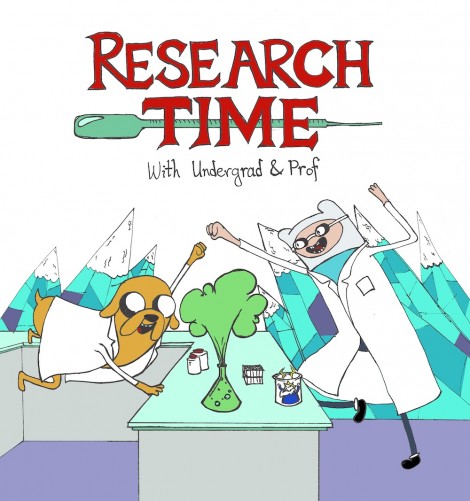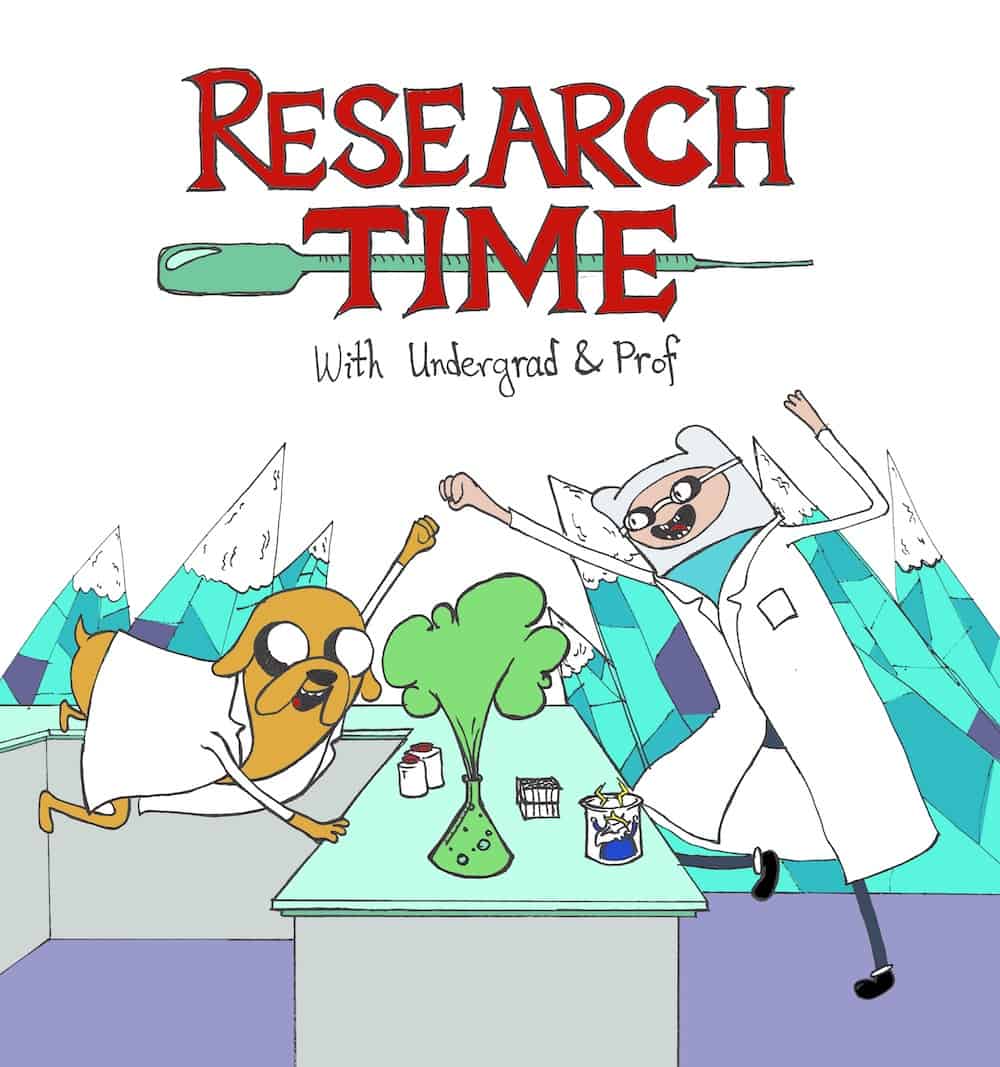As a science student, it can be easy to forget where all of the theories and equations encountered in class come from. The long days of trial-and-error, of running experiments, and of chance discoveries can be hidden by the passage of lecture slides. Going behind the curtain and participating in the actual research process can be extremely rewarding for an undergraduate student; thankfully, a research-intensive university provides many opportunities to do so.

WILLIAM AHN/THE VARSITY
Participating in an undergraduate research project is an early opportunity to be exposed to the inner workings of your chosen field. An “early opportunity where an undergrad can be exposed to research in the lab, outside the classroom, would be a good experience to understand more what [the field] is,” said Armando Marquez, undergraduate counsellor of the Department of Chemistry, “and possibly develop that interest so that … students would continue and do research, go to graduate studies, do a lot more research down the line.”
It can be hard to know if a research career is right for you unless you try it, and the wide range of opportunities at the University of Toronto make undergraduate years the perfect time to give it a whirl.
The experience can certainly boost a resume. “When students get involved with this, it gives them a better opportunity as an experience, that when they go out, when they finish their education here, it makes them a very competitive person when they do apply to graduate studies or work,” said Marquez.
 Yet even if you decide to apply to work in industry, professional school, or change fields entirely, a summer or semester spent doing research provides benefits that will stay with you for years to come.
Yet even if you decide to apply to work in industry, professional school, or change fields entirely, a summer or semester spent doing research provides benefits that will stay with you for years to come.
Some of these wide-ranging benefits are detailed in a document by the Laboratory Medicine and Pathobiology (LMP) department, and include gaining important lab skills, learning how to design an experiment, critically analyzing data, and communicating results. Students gain a deeper understanding of course material and will also have a wide-range of work opportunities after graduation. These important skills can also be taken back to the classroom.
Not only can research enhance scientific knowledge, it can also contribute to one’s personal development. “One of the opportunities for the students who get involved in research is that they are able to network with the grad students [and] with the faculty, and are given the opportunity to do presentations,” said Marquez, adding that, “students who go through this develop a more critical way of thinking instead of just what is fed to you in the classroom.”
Ishita Aggarwal, campus ambassador for the pan-discipline Undergraduate Awards program, pointed out that doing research can affect your world view. “When you participate in research, even at the undergraduate level, you really are able to better interpret claims that are made, not only in the academic setting, but also in popular media and everyday life,” she said. “I think it’s really important not only to be a producer of research, but also to be a better consumer of research.”
U of T offers a wide variety of opportunities for undergraduates to do research, including the second-year Research Opportunity Program (ROP) courses and summer research positions aimed at second- and third-year students. Each department awards positions differently:some require an application to the department as a first step, whiles others require the interested student to email potential supervisors before applying.
In the Department of Chemistry, students submit a résumé, cover letter, and application to the department before the supervisor selection process. “The competition is so fierce that we could probably have between 150 to 200 applications for an average of 25 positions,” said Marquez, who then insisted that he encourages all students to apply, as even the application process is beneficial to them. By applying, he says, students learn how to present themselves professionally on paper, an important post-graduation skill.
If one application is not successful, students should remain positive and keep looking, even if that means investigating opportunities outside of U of T — Toronto’s hospital system is a great place to start, for example.
According to Aggarwal, persistence is key: “One of the things that really prevents undergrads from getting involved in research is that they don’t know how and they’re just too scared … the key is not to get discouraged … if you keep attempting to contact the people whose research you’re genuinely interested in, eventually you’ll hear an affirmative answer. But you need to keep trying.”


